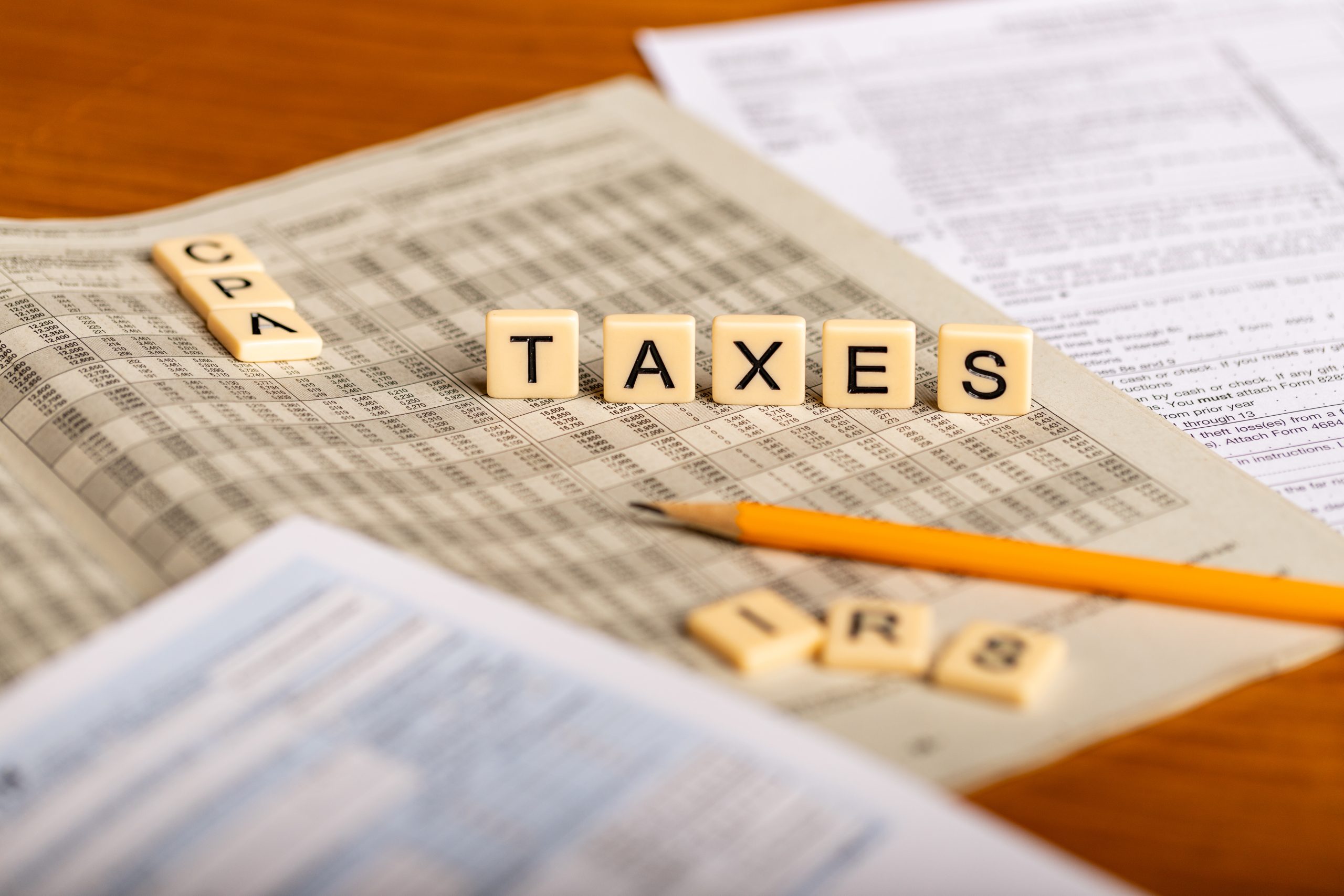 The only significant difference between an accountant and a certified public accountant (CPA) is the completion and maintenance of the official certification. However, qualifying for and completing the licensing process is much more demanding than the typical entry-level requirements for entering the general profession. Students and new professionals may launch their accounting careers without becoming certified. However, some plan their academic and early work experience with the goal of becoming a CPA as soon as possible.
The only significant difference between an accountant and a certified public accountant (CPA) is the completion and maintenance of the official certification. However, qualifying for and completing the licensing process is much more demanding than the typical entry-level requirements for entering the general profession. Students and new professionals may launch their accounting careers without becoming certified. However, some plan their academic and early work experience with the goal of becoming a CPA as soon as possible.
Becoming an Accountant
Accounting has several types of entry-level career options, depending on education and experience. Many people start their career with an associate’s or bachelor’s degree in the field. But it’s possible to qualify for some bookkeeping and basic positions without any formal academic training. People who want to test the occupation may be able to get an internship or entry-level position before deciding if they want to pursue a degree and turn accounting into their career.Basic Roles and Responsibilities
Since employment requirements vary widely based on employer and position, accountants often build their reputation through experience and ongoing professional development. Many work in industry settings as corporate accountants. Others serve as staff members at firms or work directly with individual clients as a financial or tax advisor. These positions usually require at least a bachelor’s degree, but they also usually offer opportunities for growth and advancement.The Path to Certification
There are many common elements to achieve certification, including the official examination. But many of the details depend on local state laws. Applicants need either a bachelor’s or master’s degree with at least 150 semester hours. This is in addition to a number of hours spent working in accounting, according to the Association of International Certified Public Accountants. Applicants who meet all of the qualifications of their state proceed to the examination phase. This is an administered test composed of four main sections. Applicants need to pass all four parts, but they don’t necessarily need to do this all at once. Current exam sections include:- auditing and attestation
- business environment and concepts
- financial accounting and reporting
- regulation
Opportunities and Obligations for CPAs
A certified public accountant is qualified to perform several essential tasks compared to general accountants. This includes:- most auditing functions
- forensic accounting practices
- supervisory or management positions
